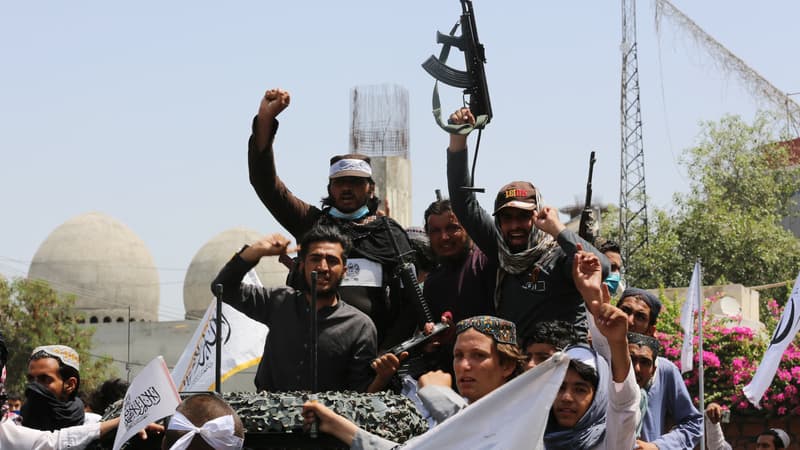In Afghanistan, the “war” of the Taliban against the Internet continues. For the first time since his return to Power in 2021, the regime has reduced broadband Internet access this week in several northern provinces, including the main urban centers. This restriction affects government offices, the private sector, public institutions and households, leaving many private Wi-Fi Afghans, while mobile internet remains “partially functional.”
Officially, this measure aims to “prevent immorality,” said a government spokesman, who says that alternatives will be established for “essential needs.” This decision is a continuation of the strict control measures established by the Taliban, in particular the “long set of rules that govern morality” published at the end of 2024, imposing in particular women to cover their face and men to carry the beard.
A new wave of repression
“Internet interruption marks the beginning of a general repression through Afghanistan. Taliban could extend their repression and escape international surveillance. This is a very serious concern,” said the Bismillah region, with the German DW chain.
According to David Martinon, a former French ambassador to Afghanistan, “the Taliban undoubtedly have the ability to be obeyed, but it is the stability that is not necessarily sustainable,” he explained in BFMTV. The recent Internet blockade in the north of the country is thus added to a long series of restrictions, including the Tiktok block, PUBG video games or even pornographic sites.
Daily life impacted daily
These restrictions have been strongly criticized by human rights organizations and several foreign governments. High speed internet closure complicates, in fact, communication, access to online courses and information circulation, while the mobile, slower and sometimes inaccessible internet in certain areas, does not completely compensate this brutal cut.
In the front line, women see that their rights disappear one by one. And these measures go far beyond the framework of the media and entertainment, directly affecting the daily life of women and girls: secondary schools and universities have remained closed for four years, are excluded from the labor market and are prohibited to leave their home without being accompanied by a male tutor.
Given this void, the international community has tried to react: universities abroad offer online courses, members of the Afghan diaspora have launched educational platforms, and the Indian government has recently announced 1,000 online scholarships for Afghan students. But the total Internet cut now threatens to deprive the Afghan girls of these rare opportunities.
The economy and the media in the end
In addition to the issue of human rights, another question arises: can the Afghan economy survive an internet ban? “Currently, 80 % of commercial activities are online. We are already facing the main challenges. No more the gap between the population and the government,” he warned Khan Jan Alokozai, vice president of the Afghan Chamber of Commerce, in X.
For many inhabitants, the situation seems incomprehensible: “Any internet prohibition is out of my understanding at such an advanced moment,” said a resident of the province of Northern Balkh, who preferred to remain in anonymity “for fear of reprisals of the Taliban.”
The media also weakened by control and censorship waves are now experiencing Internet restrictions. Siddiqullah Quraii, from the Directorate of Culture of Nangarhar, a province in eastern Afghanistan, told Associated Press that “this measure, taken by the orders of Chief Taliban
Already several dozen media have already closed, many professionals have fled from the country, and women are also prohibited from work: from the first day of the return of the Taliban to power, they no longer had the right to appear on television or radio. From now on, any dissemination of information, reports, article or documentary must obtain authorization from the authorities, considerably restricting independence and press freedom.
Source: BFM TV


